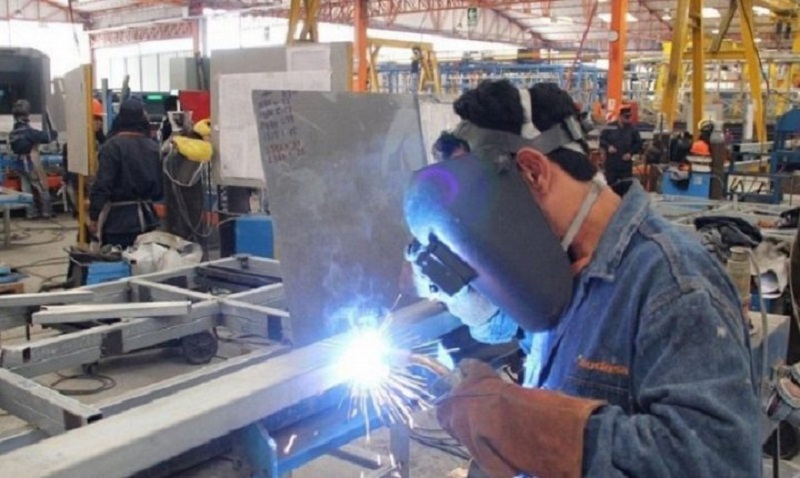
The economy ended in December 1.3% below the same month of the previous year and are four months of consecutive falls since September. The Monthly Estimator of Economic Activity (EMAE) registered an increase of 5.2% during 2022, but activity slowed down towards the end of the year. There is uncertainty about whether the economy will enter a recession this year.
In relation to the same month of 2021, 10 of the activity sectors that make up the EMAE registered increases in December, among which fishing (+15.5%), hotels and restaurants (+10.8%) and mining and quarrying (+10.8% yoy).
Meanwhile, the mining and quarrying sector (+10.8% yoy) had the greatest positive impact on the interannual variation of the indicator, followed by real estate, business and rental activities (+2.3% yoy) and hotels and restaurants (+10.8% yoy).
For its part, the agriculture, livestock, hunting and forestry sector (-18.0% yoy) was the one that registered the greatest drop in the year-on-year comparison, followed by manufacturing industry (-2.1% yoy) and wholesale, retail and repairs (-1.1% yoy): among the three they contributed -1.41 percentage points to the year-on-year drop in the EMAE.
According to the projections of Latin Focus, which includes the estimates of 40 consultants anticipating a 0.1% contraction in activity this yearbelow the official estimate that foresees an increase of 2%.
Unlike what happened in 2022, this time there will be no statistical drag that plays in favor of GDP expansion. This happens because the last quarter of last year was very weak, and the increase in GDP will be tied to what happens throughout 2023.
The drought also affected exports and low wages hit consumption, which has an impact on lower activity.
The IMF demands positive real interest rates that constitute a “stimulus” to slow down economic activity, they also make credit for production and consumption more expensive.
For its part, the path of fiscal adjustment will continue in 2023 so that the deficit reaches 1.9% of the Product to comply with the agreement with the IMF. This adjustment will establish strict limits to the growth of the economy. The costs of the recessive adjustment are basically paid by the working class.
Source: www.laizquierdadiario.com

